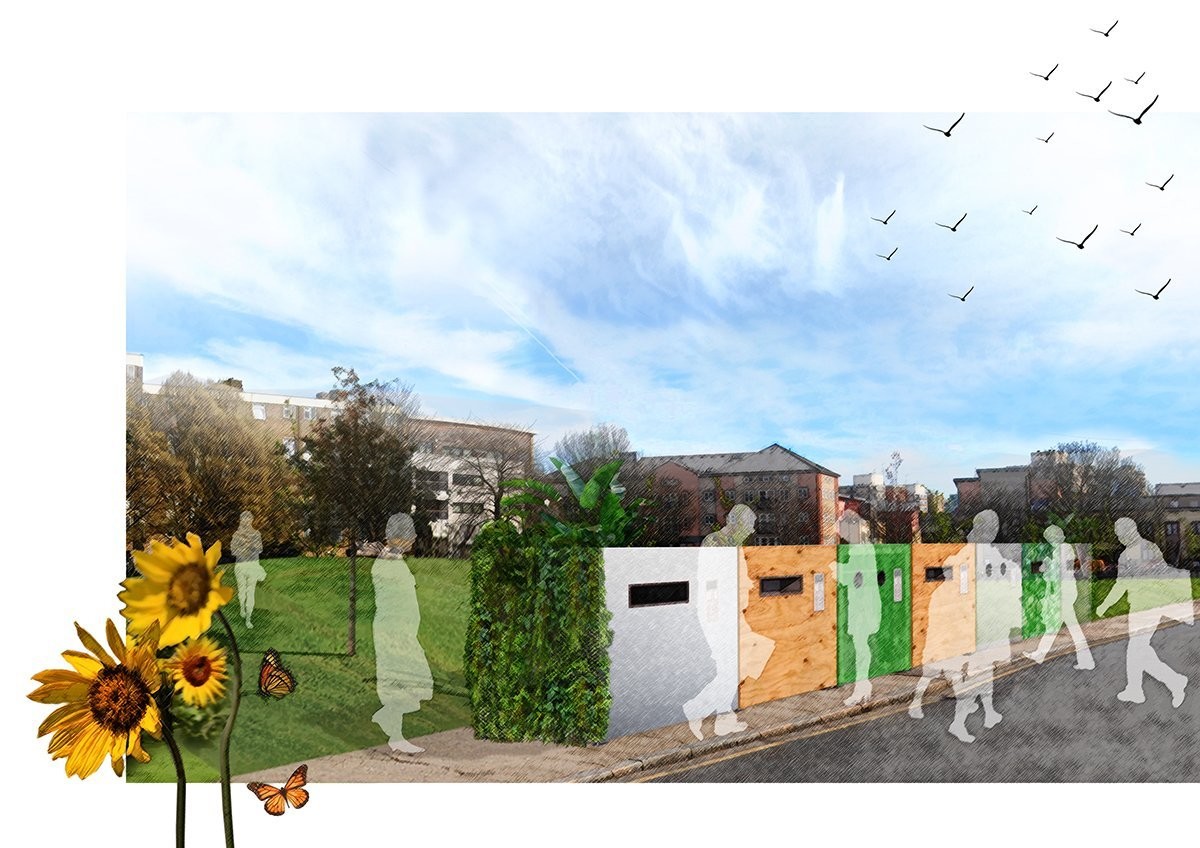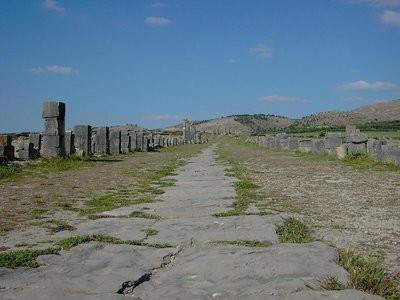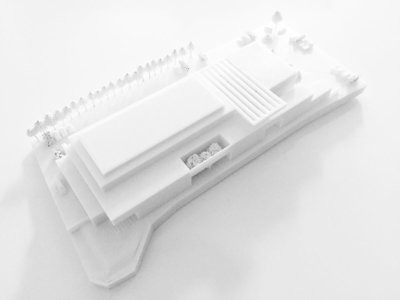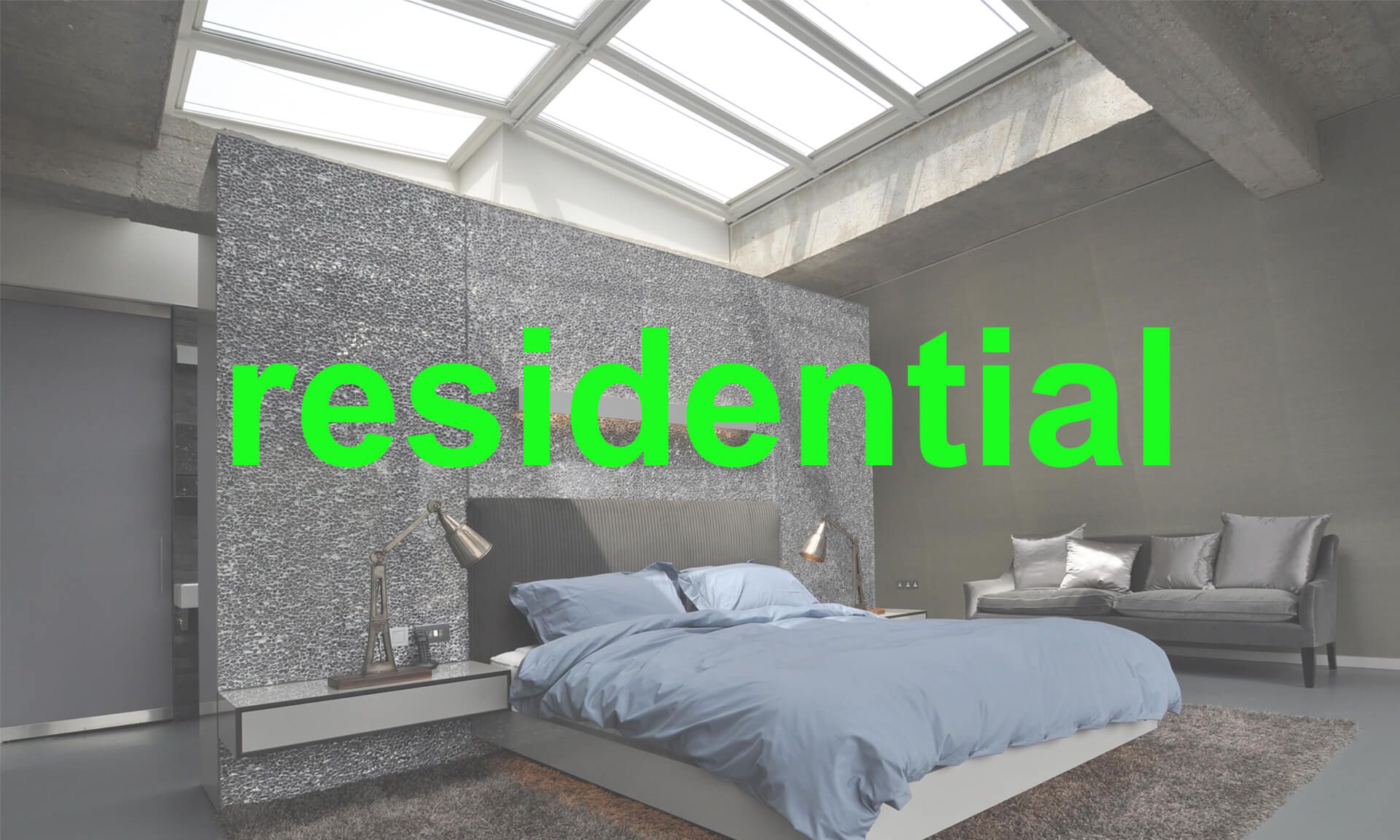
residential

offices

houses
Write your caption hereButton
retail
Write your caption hereButton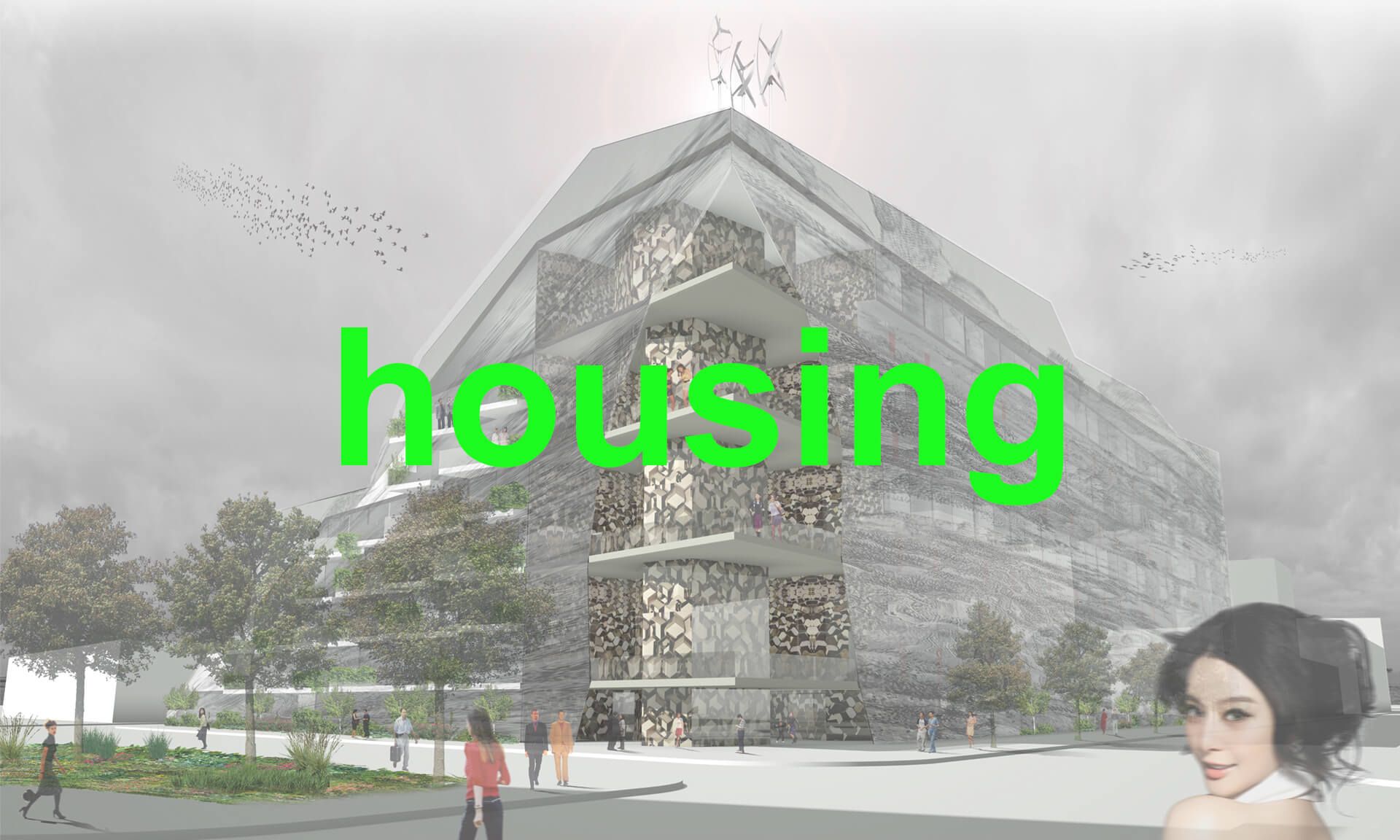
housing
Write your caption hereButton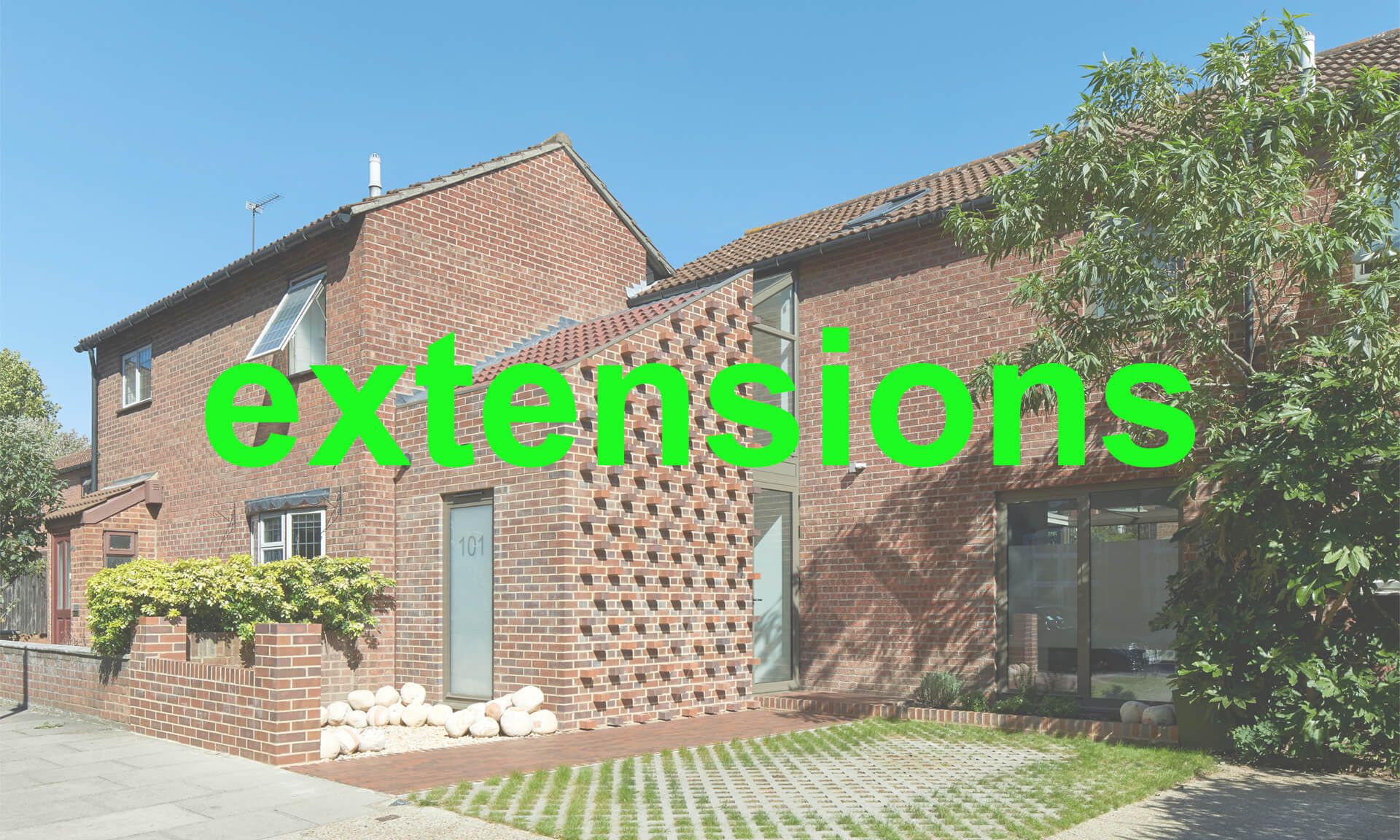
extensions
Write your caption hereButton
conversion
Write your caption hereButton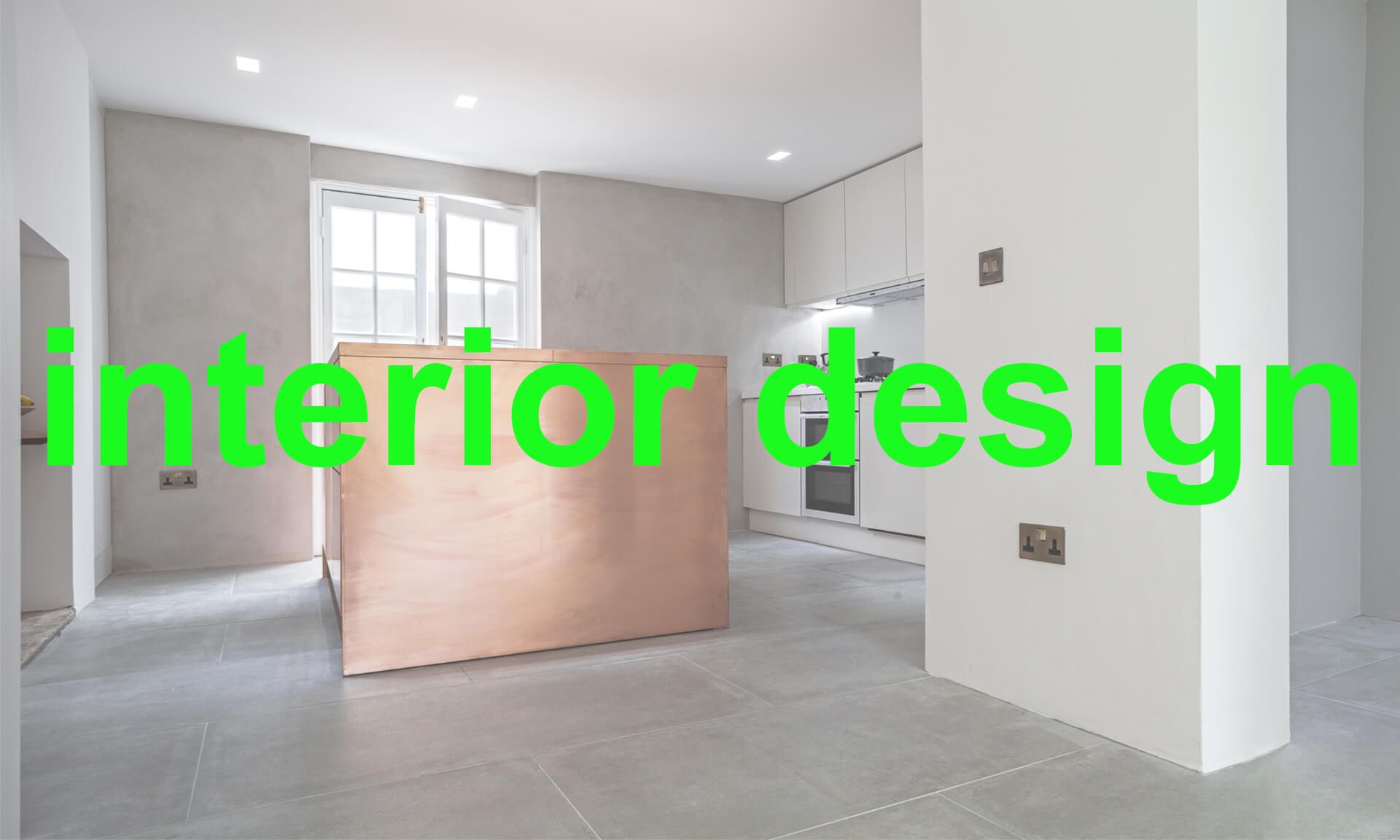
interior design
Write your caption hereButton
passivehaus
Write your caption hereButton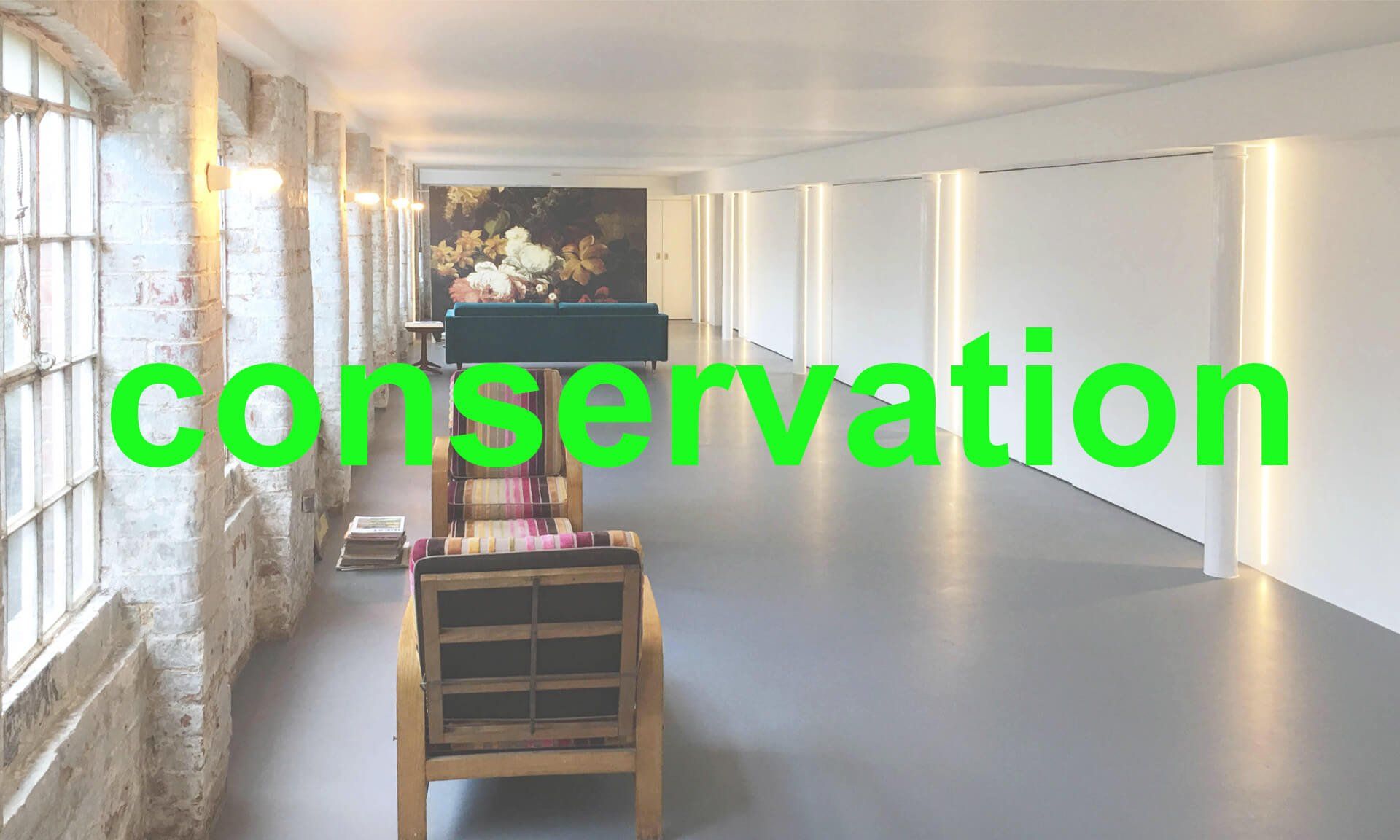
reservation
Write your caption hereButton
leisure
Write your caption hereButton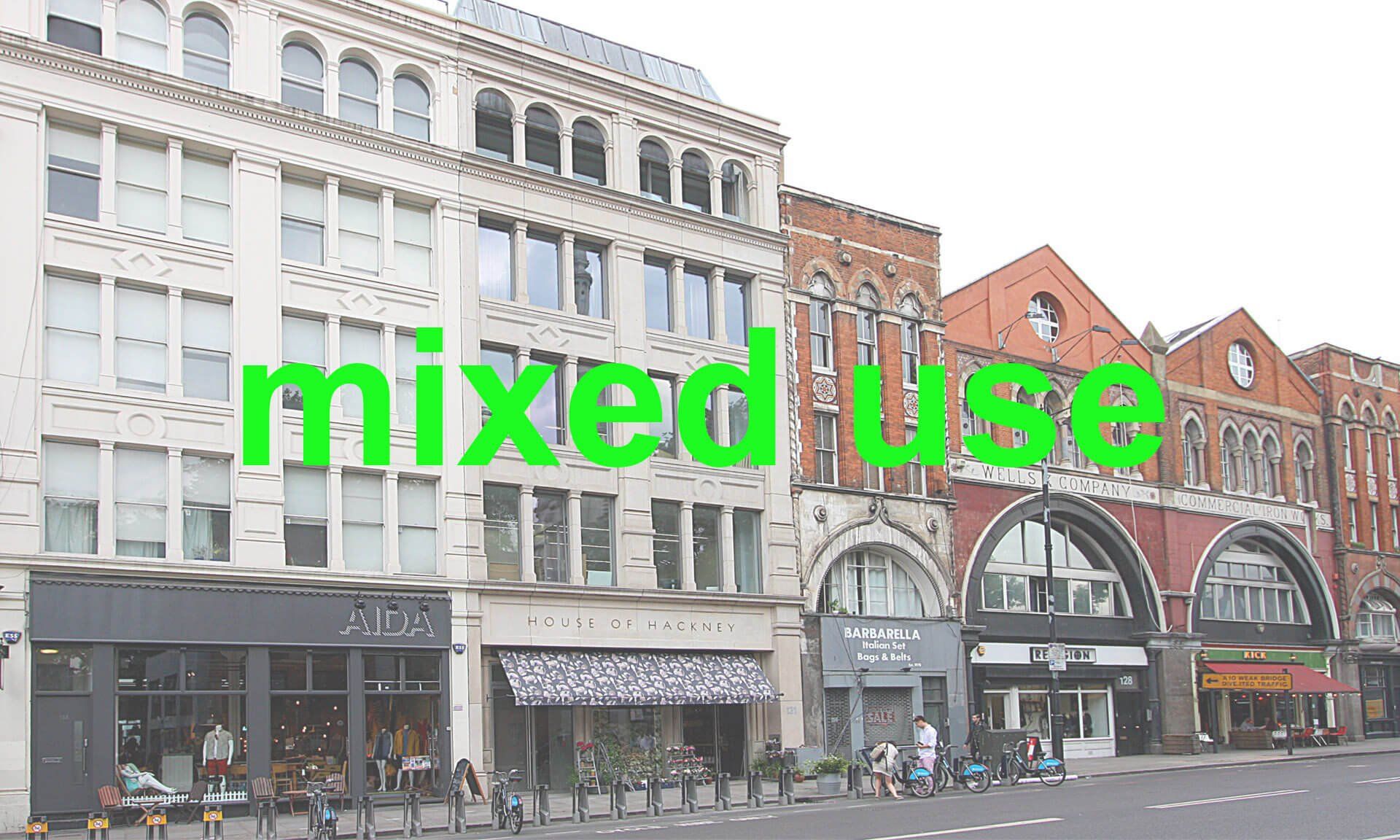
mixed use
Write your caption hereButton
education
Write your caption hereButton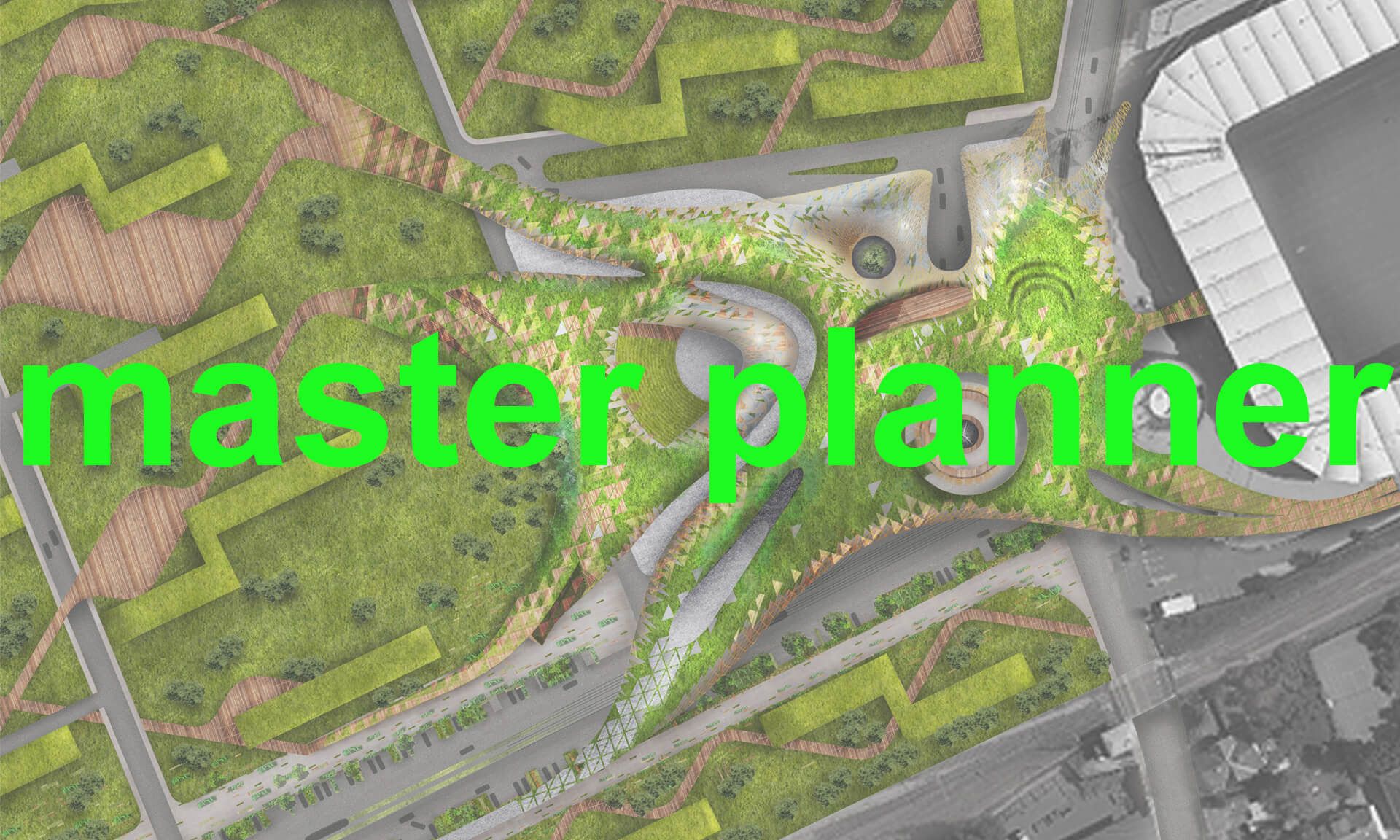
master planner
Write your caption hereButton
landscaping
Write your caption hereButton
healthcare
Write your caption hereButton
religious
Write your caption hereButton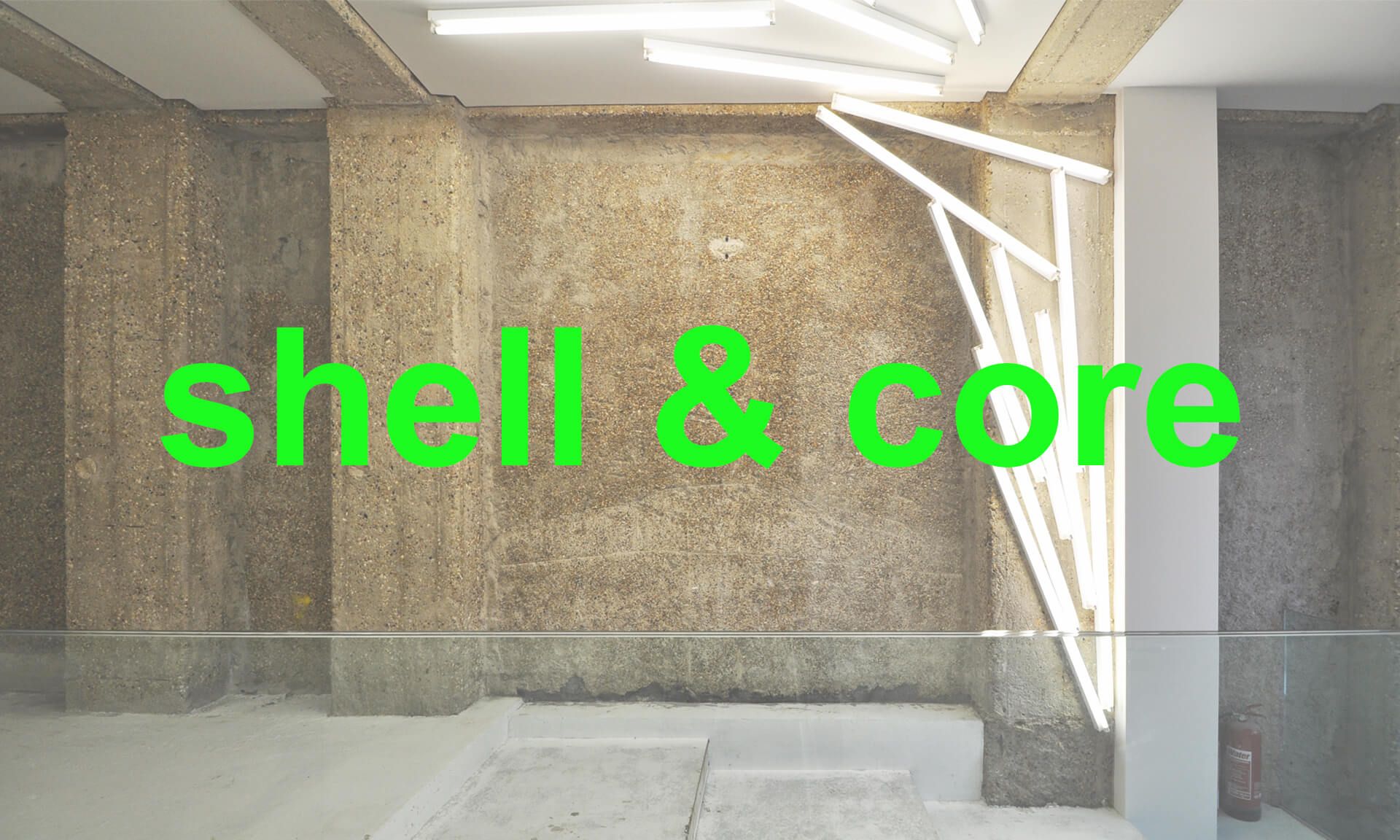
shell & core
Write your caption hereButton
graphics
Write your caption hereButton
research
Write your caption hereButton
projects
Eco.ntainer
This is our shortlisted proposal for RIBA’s Forgotten Spaces 2011 competition.
Whilst recycling in the UK has increased there is a lot that could be improved. We have reviewed the current situation in Tower Hamlets as an example.
The borough has a better recycling to land fill ratio than others but it could still do better and in a much more attractive way. Current communal recycling stations are often overfilled and randomly located. Private individual containers are typically allocated right outside the front door. In addition to that the borough has decided to store all recycling waste in unsightly purple containers that spoil the appearance of virtually every street.
Most of these containers can usually be found on pavements blocking the movement of pedestrians.
Ugly recycling containers are small forgotten spaces but they are so numerous that they have an enormous impact on our urban fabric. It is the aim of this scheme to address these issues and to encourage recycling for the benefit of all.
There are many reasons to recycle.
Below are just a few worth mentioning:
(Source: Parliamentary Office of Science and Technology Postnote, December 2005)
• 95% less energy is used to recycle an aluminium can than making it from raw materials.
• Glass can be recycled again and again, but if it ends up in landfills, it will never decompose.
• Recycled paper needs up to 70% less energy and produces up to 95% less air pollution than if it was
made from trees.
• Plastics are almost always made from fossil fuels – of which there is a limited supply on Earth – and it can take up to 500 years for plastic to decompose.
In countries that recycle a lot there is often a strict penalty system in place for those who offend. However such a system would prove problematic in a dense urban environment and we have therefore found a way to encourage the community to recycle:
With the help of the money saved by recycling we are proposing an incentive scheme that rewards those who recycle. A typical household could receive £100 per year.
The way it works is simple: People receive a reward card similar to those currently offered by supermarkets.
These cards are used to identify the household to prevent misuse and to allocate the relevant reward which can be collected at the end of each year. New recycling stations get equipped with an integral system similar to a cash machine in order to enable the user to identify himself. A dense network of decent looking and ‘intelligent’ recycling stations replace the current chaos preventing the lack of access, the blockage of pavements and to overcome the unsightly appearance of the current sea of purple dots in the urban landscape. Individual containers for one household are no longer required. Instead there are stations within short walking distances that offer a variety of recycling methods. The stations can be allocated in the areas of the existing, if they are suitable (such as the example site). In some instances new areas need to be allocated such as parking spaces or unused surfaces.
The eco.ntainer is a renewed urban element reflecting the spirit of the 21st century.
Each element is made of a recycled material which correlates with the material that is being stored within. The integral computer system is PV powered and the recycling stations are designed so that they can be expanded as required to suite the surrounding community.
It will no longer be possible to have two communal containers within a proximity of just 20 meters as one can currently find in the worst case scenarios. Instead there will be rows or clusters every so often made of recycled wood, metal, plastic, glass or rubber. The latter is for all specials such as clothes, books, batteries, electrical goods, CDs, etc. Containers for kitchen and garden waste will be made of expanded metal mesh with integral planters for climbing plants.
Each eco.ntainer is made up of a floor mounted timber frame construction which is clad in the relevant material (usually in the shape of slats). Within this envelope there are simple waste containers which can be removed for collection – similar to the current containers but with integral scales which are connected to the computer system. Access to these containers is provided through the solid front which can be unlocked and moved upwards. The front panel also includes the computer screen, key pad, card slot, etc and rubber sleeves. The latter ensure a safe waste transfer into the container within.
Data & Sources
Figures based on the population of 242.000 in Tower Hamlets in 2010 (Source: Greater London Authority)
and an annual household waste of approx 500kg/per person
(Source: Department for Environment, Food and Rural Affairs)
Tower Hamlets landfill / recycling ratio 2010
Source: Waste Data Flow CSV by wastedataflow.org
Target based on the percentage currently achieved in Germany.
Source: Waste management in the EU; Treatment of Household Waste in the EU27 by Eurostat, 2007
Cost of per ton of landfill & recycling
Source: wrap.org.uk
Average household size in Tower Hamlets = 1.9 person
Source: Tower Hamlets New
Housing Development Survey 2008
Average mobile phone replacement interval = 13 months
Source: ecoATM
Average payment for a recycled mobile phone = £43
Source: Mobile News; 18.04.2011; review of Mazuma, the biggest mobilephone recycler in the UK
Organized by the Royal Institute of British Architects (RIBA)
Sponsors: Ordnance Survey, Qatari Diar and Design for London
Status: Competition completed.

